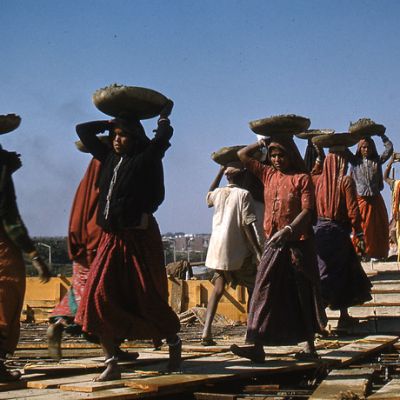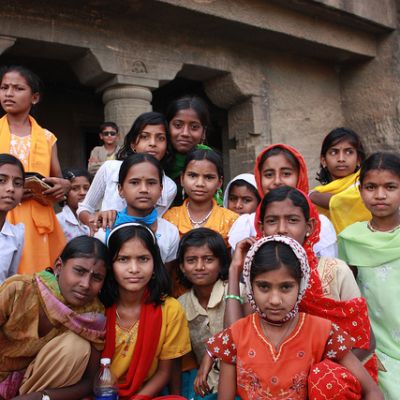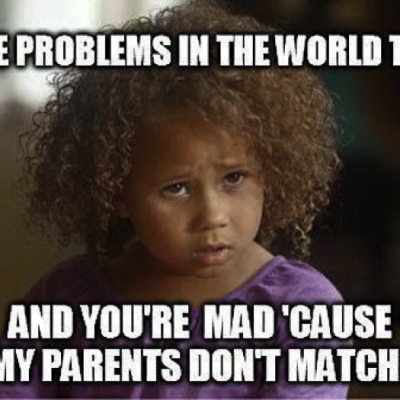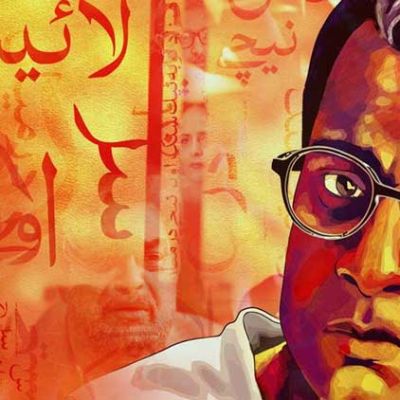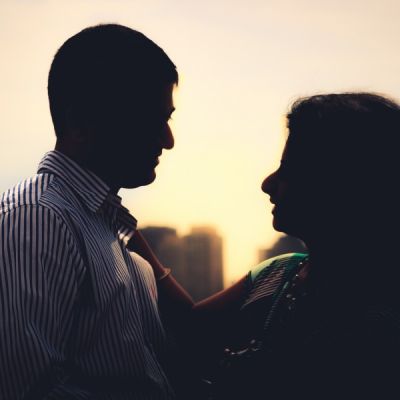Marriage
आज के समय में जब विश्व में एक स्थान से दूसरे स्थान पर जाने की घटनाएँ बढ़ी हैं और सामाजिक मान्यताओं में भी बदलाव आया है, ऐसे में केवल विवाह ही, महिलाओं के एक जगह से दूसरी जगह प्रवास करने का एकमात्र कारण नहीं रह गया है।
हमें इस तरह से ढाला गया है कि तथाकथित ‘विकल्प’ जो हमारे संबंधों को परिभाषित करते हैं, वे भी हमारे लिए हुए विकल्प नहीं बल्कि समाज द्वारा सृजित हैं। हालाँकि, जैसा कि हमने देखा है, इन सभी चुनौतियों के बावजूद, महिलाएँ, जब वे खुद को व्यक्तियों के रूप में महत्वपूर्ण मानने लगती हैं, तो वे अपने परिवेश और परिवार के सदस्यों के साथ बातचीत करने की रणनीति तैयार करती हैं।
Watching K3G with my students brings forward new ways of understanding how concepts like socioeconomic class, gender, sexuality, and diasporic imaginaries are embedded with subtle messages of morality and longing and how these messages are ingrained in our Bollywood viewing experiences.
Choices are also influenced by our milieu, by socio-cultural norms, by the laws and strictures that operate to regulate what we may and may not do. Lest this makes it seem that we are mere puppets triggered by internal whimsy and simultaneously constrained by external forces, our contributors show that this is not so.
Choices about life, relationships and desires are all defined based on socio-economic background, caste, class, gender and sexuality. When these young girls found a comfortable and safe space, they openly talked about their desires and experiences and how they negotiated their existing environments in order to pursue their desires.
Both of us, have recently, decided to get married and will be in a marriage that I like to call a subversive marriage. Subversive marriages are based on an uncompromising equality and negotiations that serve for the betterment of both the partners.
Even in a country obsessed with anime, Kondo’s wedding shocked many. But he wants to be recognised as a “sexual minority” who can’t imagine dating a flesh-and-blood woman.
I am confident in my sexuality and know what I want from life. I definitely do not want to be joined at the hip with a man to feel fulfilled. But I do know what I want from a man and I can enter a relationship from a point of equality rather than subservience.
Where we are now: In August this year the Supreme Court of India declared that privacy at its core includes…
Even negotiations related to the use of contraception or types of sexual acts in consensual relationships become difficult for a young girl because of her fear of displeasing her partner. But if one is fortunate, time helps us acquire some sets of skills and the language to speak up against violence and enforce decisions surrounding one’s sexual and social life.
Kamal Hassan has come to be quite a literal poster boy of all anti-caste memes lately. To reminisce about the…
All these stories are examples of courage and hold great significance in the development of the Urdu story and for bringing to our notice the misery of the average Indian woman. A new era of Urdu stories has taken birth that not only acknowledges the issues of women inside and outside of house, but also openly deals with ‘immodest’ and ‘indecent’ themes such as sexuality.
Generations come and go but the quest for love remains eternal. In the early 2000s, most of us millennials were…
यूँ तो विवाह और उससे जुड़े महिलाओं के ‘स्थान परिवर्तन’ को ‘प्रवसन’ का दर्ज़ा दिया ही नहीं जाता है, इसको एक अपरिहार्य व्यवस्था की तरह देखा जाता है जिसमें पत्नी का स्थान पति के साथ ही है, चाहे वो जहाँ भी जाए। पूर्वी एशियाई देशों में, १९८० के दशक के बाद से एक बड़ी संख्या में महिलाओं के विवाह पश्चात् प्रवसन का चलन देखा गया है जिन्हें ‘फॉरेन ब्राइड’ या विदेशी वधु के नाम से जाना जाता है।
The meetings with Nakul had made me feel interminably uneasy and awfully awkward. It was like going on a date knowing that your choice would be for life, it was more pressure on the heart than I had ever imagined.

